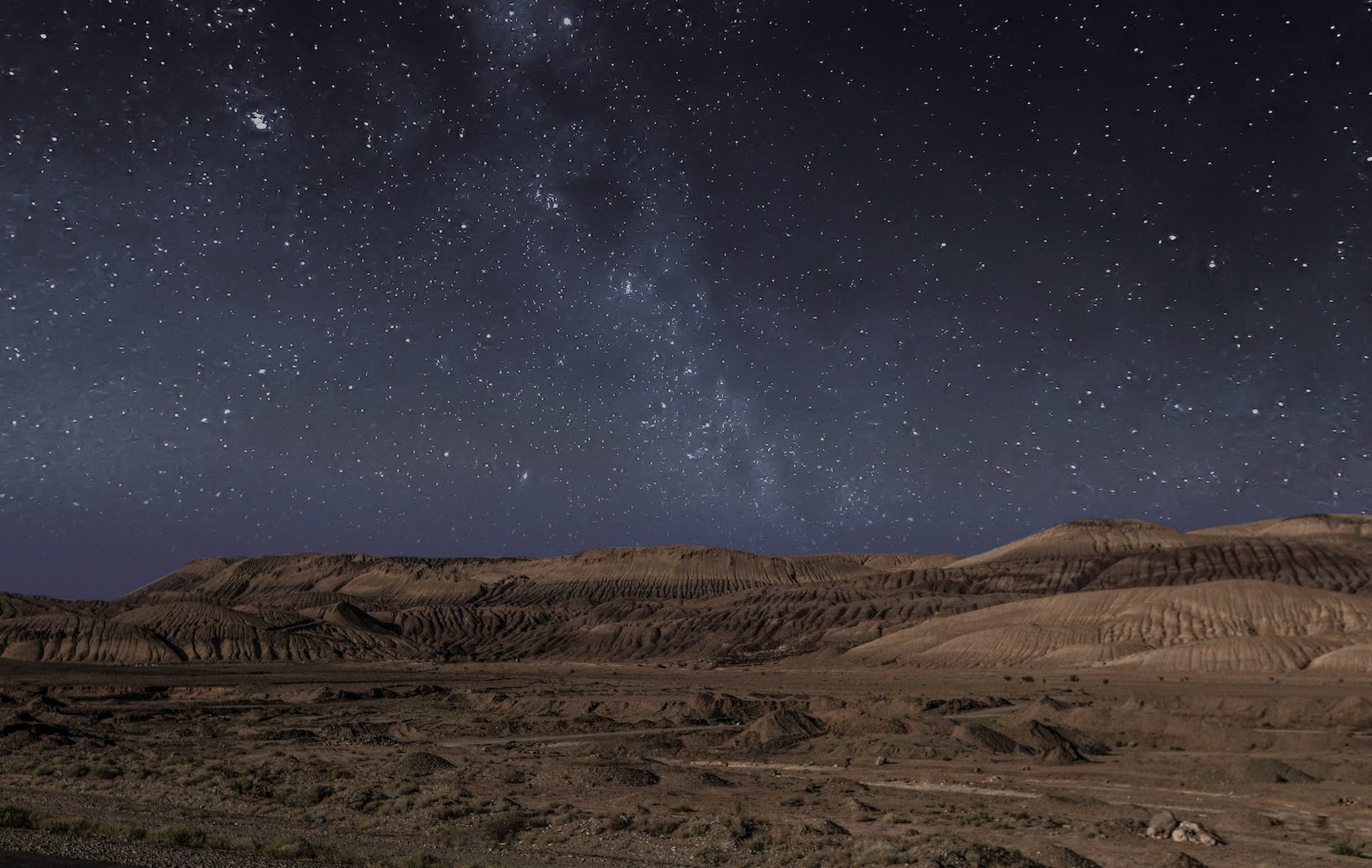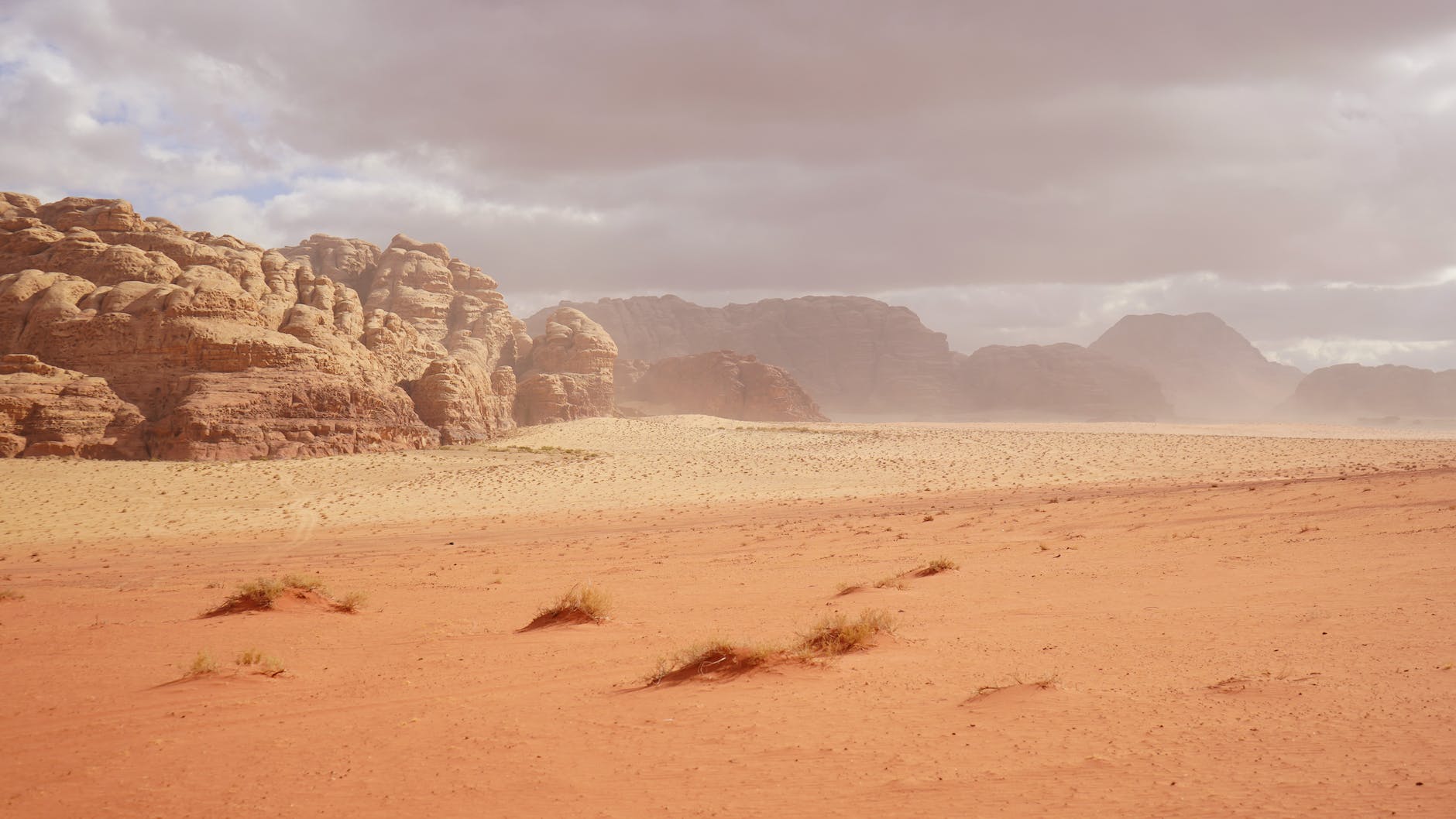Sabbath Day Thoughts — “For All People” Luke 2:8-20
Zuph was crying again. The poor boy. His silent mouth was slack and open. Every so often, he would draw a deep shuddering breath. His eyes brimmed with tears which spilled down his cheeks and fell onto his tunic. Zupf had been with me for a year. His father had been forced to sell him to Ari the tax collector to cover his debt.
I remember the day Zupf arrived. His father and mother, putting on a brave face, had brought him to my camp. His father tried to comfort him, “Zupf it’s only for six years at the most. Sooner if there is a time of Jubilee.”
But there was no Jubilee in Israel in those days, not since the Romans had arrived forty years ago. They had put an end to our petty skirmishes and infighting, but they had done so with an iron fist. Now we were home to Caesar’s legions, and we paid a pretty tax to house, clothe, and feed the very people who occupied us. God forbid that you couldn’t afford the tax. You could end up like Zupf. Just yesterday news had arrived from his father. Zupf’s mother had died in childbirth. The boy was bereft. He hadn’t spoken a word, but these tears, they came and went, like a great tide of grief rising to overflow.
I stirred the campfire and placed a hand of comfort on Zupf’s shoulder. My movement woke the young dog that Zupf snuggled in his lap. Zupf was training him with my two dogs to work the sheep, but the pup’s best work was done right here, at the campfire at night, offering solace to the boy. The young dog’s tail thumped, and he raised his head to lick the tears from Zupf’s cheeks.
“Come now, Zupf,” I tried to comfort him. “Perhaps Ari the tax collector will let you go home to visit your father for a day or two. The dogs and Dodo and I can watch the flocks.” But Zupf continued to weep. Who could blame him?
At the sound of his name, our fellow shepherd Dodo stirred. He was an ancient Nabatean, one of the desert people. As a youth, he had worked with camels, accompanying the great caravans that crossed the Eastern Desert and the Sinai Wilderness. But camels are a young man’s work. A whiff of age or weakness and the camels will not honor your voice, feigning deafness and indifference to the touch and words that once called them to work. Rather than beat the beasts, Dodo had left them. Ari the tax collector had found him in Jericho and hired him to tend sheep and goats with us. Dodo spoke little, and when he did, in the tradition of the Nabati, he spoke mostly in verse, bits of poetry rolling from his tongue at the strangest of times, like a cool wind in the desert.
In response to my suggestion that Ari the tax collector might let Zupf visit his father, Dodo shook his head and said, “Tsssst, Gad. Do not fill the boy with false hope.”
“To look for kind favors from misers
is like fertilizing date palms during harvest
or like boiling hoes to produce broth,
milking billy goats instead of camel’s udders —
who ever heard of milk from testicles?”
I laughed out loud and Zupf looked a little brighter.
I was no debt slave nor a Nabatean poet. Indeed, my family has tended flocks on these hills from before the days of David. It takes great skill to do the job well. The spring grass soon withers and fades. Only those who have spent their lives on this land know where grass lingers or where water springs from the bedrock. Only those who are born to it know the wisdom of gathering the flocks at night and sheltering in caves. A small fire at the mouth of the grotto, a circle of sleeping shepherds, and our sheepdogs keep the four-legged and two-legged predators at bay. Sometimes there is danger. A thief once knifed me in the back while I slept, but his blade glanced off my ribs and my dog fought him off, chasing him into the darkness.
My father named me Gad, which means lucky. On that night, I lived up to my name. But there is little honor in being a shepherd in these troubled times. We once tended our own flocks, but since the Roman’s arrived, the rich get richer and the poor, well, you know what happens to the poor. My grandfather was the last of our line to own his animals, a fine collection of sheep and goats, rich with milk and fleece and meat. Now, I see the ancestors of those fine beasts, all in the massive flock of Ari the tax collector. Ari tells me I am lucky to have a job and his patronage. He wags his finger at me, “Unclean shepherds like you, Gad, where would you be without me? Who would have you?”
It was then that I noticed the disquiet of the animals. My dogs were up. Panting, they paced back and forth across the entrance to the grotto, whining and drooling. The flock, too, sensed some strangeness in the night. First one, then another, and then every beast was bleating and baaahing and filling the cave with a storm of noise. Zupf stopped crying. Dodo shifted and cast a suspicious eye at the night sky, murmuring,
“When spirits in the darkness walk,
the heart of the beast kneels.”
Now every hair on my head rose like palm fronds before the scirocco. The stars swirled and danced in the darkness of the heavens. A low vibration thrummed against my ears and shook dust loose from the roof of the grotto. My dogs stopped and dropped with their bellies to the ground and heads up, alert, as if listening to a silent command.
Then we saw it, beyond the pale of the fire’s light, a radiant figure drew near. His robes flashed with brilliance. His face was so dazzling that I could only look in small glimpses from the corner of my eyes. He smiled at us with a genuine warmth, as if the company of shepherds was the most desirable thing in the world.
“Do not be afraid,” he said, “I bring you good news that will cause great joy for all the people. Today in the town of David a Savior has been born to you; he is the Messiah, the Lord. This will be a sign to you: You will find a baby wrapped in cloths and lying in a manger.”
All at once, the swirling stars stood fixed. The heavens surged with a heavenly host, bright beings rejoicing together, “Glory to God in the highest heaven, and on earth peace to those on whom his favor rests.”
Whether it lasted a moment or an eternity, I cannot say. Perhaps we had slipped beyond time and into the eternal realm. Abruptly, the celebration stopped, and there we were, three poor shepherds around a dying fire. Zupf’s eyes had gone wide with wonder. My dogs stood expectant at the grotto’s mouth. The sheep and goats settled, chewing and shifting in the dark.
It was Dodo who broke the silence. He creaked to his feet, drew his camel’s hair mantle around his shoulders, and leaned upon his staff.
“I seek the bright promise.
The heavens speak
good news for all people.
Am I not a man?”
We did something that I have never done in all my shepherding life. We left my dogs to guard the flock alone, regardless of the consequences that Ari the tax collector might exact if he knew we had deserted our posts. Then, Dodo limping along with his staff, Zupf trailing his young dog, and I made haste to Bethlehem.
There in the grotto behind the inn, where they stable the beasts, we found things exactly as the angel had promised: a wondrous child, swaddled in linen and tucked into a stone feeding trough. Even the beasts knelt in quiet reverence of the babe. We told our story and watched in adoration until the first hint of dawn softly touched the eastern horizon.
We returned to our flocks, each wrapped in a world of silent thought. Zupf’s mood had lightened. He tossed a stick for his dog, the two youngsters playing across the fields with a quiet joy that I had never seen in the year since Zupf had come to me. I weighed the musing of my heart. How could it be that God would bring such good news to us, the biggest nobodies in all of Israel? I looked out as the first rays of the sun rose about the rim of the earth and brightened the dusty hills. Perhaps God’s thoughts were not like human thoughts. I straightened my back. Maybe there was still honor in shepherding. Maybe, in the eyes of Yahweh, I truly was lucky. I laughed out loud at the thought, joy cascading within me like the waterfall at ein Gedi.
Dodo the Nabatean stopped and raised his hands to greet the new day.
“Like the camel
scenting water
in the desert waste,
I fall headlong
into the arms
of God.”
Author’s note: This story was inspired by the murals of the Shepherds’ Field Chapel in Bethlehem, the tradition of nabati poetry, and a rogue camel at the Bedouin race track. The first poem is a traditional one by the nabati poet Hmidan al-Shwe’n. The others are original.
Resources
Ronald J. Allen. “Commentary on Luke 2:8-20” in Preaching This Week, Dec. 25, 2015. Accessed online at workingpreacher.com.
C. Clifton Black. “Commentary on Luke 2:8-20” in Preaching This Week, Dec. 25, 2017. Accessed online at workingpreacher.com.
Alia Yunis. “Preserving Arabia’s Bedouin Poetry” in Aramco World, May/June 2021. Accessed online at aramcoworld.com.
Luke 2:8-20
8 Now in that same region there were shepherds living in the fields, keeping watch over their flock by night. 9 Then an angel of the Lord stood before them, and the glory of the Lord shone around them, and they were terrified. 10 But the angel said to them, “Do not be afraid, for see, I am bringing you good news of great joy for all the people: 11 to you is born this day in the city of David a Savior, who is the Messiah, the Lord. 12 This will be a sign for you: you will find a child wrapped in bands of cloth and lying in a manger.” 13 And suddenly there was with the angel a multitude of the heavenly host, praising God and saying,
14 “Glory to God in the highest heaven,
and on earth peace among those whom he favors!”
15 When the angels had left them and gone into heaven, the shepherds said to one another, “Let us go now to Bethlehem and see this thing that has taken place, which the Lord has made known to us.” 16 So they went with haste and found Mary and Joseph and the child lying in the manger. 17 When they saw this, they made known what had been told them about this child, 18 and all who heard it were amazed at what the shepherds told them, 19 and Mary treasured all these words and pondered them in her heart. 20 The shepherds returned, glorifying and praising God for all they had heard and seen, just as it had been told them.





